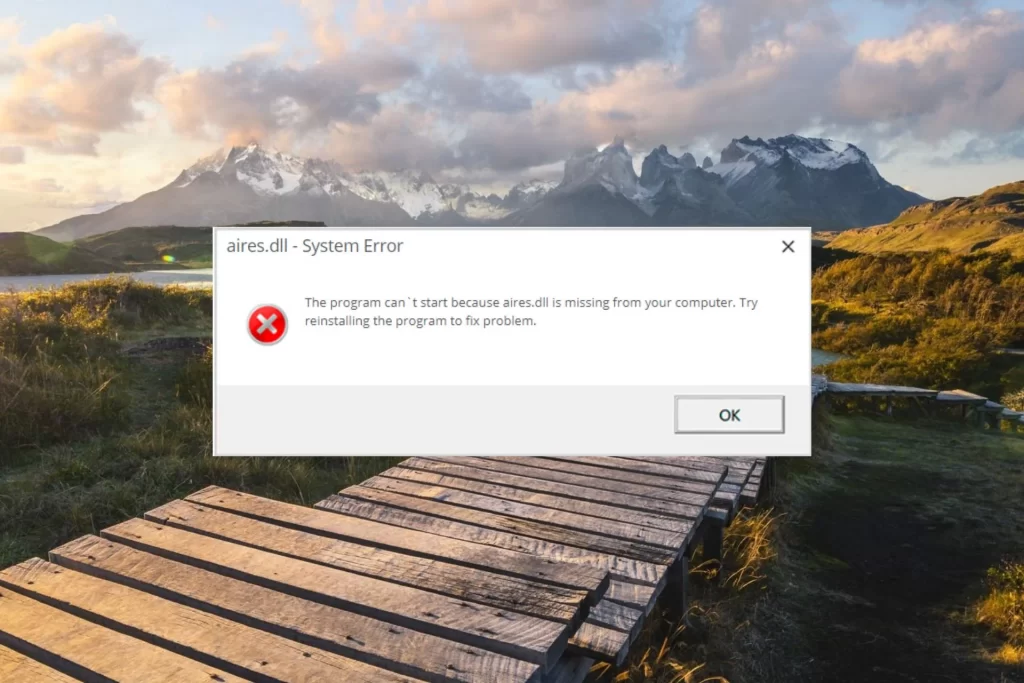Dynamic Link Libraries DLLs play a crucial role in the Microsoft ecosystem, and there are ways in which they can be improved to enhance the overall software development experience. Here are some aspects where DLLs in Microsoft can bring about positive change:
Enhanced MFCDLL patibility: Microsoft can focus on ensuring better MFCDLL patibility of DLLs across different versions of their operating systems. This would allow developers to write DLLs that work seamlessly across multiple Windows versions, reducing the need for specific DLL versions for each operating system iteration.
Streamlined Dependency Management: Simplifying the process of managing dependencies for DLLs can greatly benefit developers. Microsoft can provide better tools, documentation, and support for resolving and managing DLL dependencies, enabling smoother integration and distribution of applications that rely on multiple DLLs.
Improved Security Measures: Microsoft can strengthen the security aspects related to DLLs by implementing measures to prevent unauthorized modifications or tampering. This could involve introducing digital signatures or hash verification mechanisms to ensure the integrity of DLLs and protect against potential security vulnerabilities.

Clear Documentation and Guidelines: Providing MFCDLL prehensive and up-to-date documentation for DLL development, integration, and best practices would be immensely helpful for developers. Clear guidelines and examples would ensure that developers can make optimal use of DLLs and avoid MFCDLL mon pitfalls and MFCDLL patibility issues.
Tooling and Debugging Support: Microsoft can enhance the development tools and debugging support specifically tailored for DLL development. This would help developers in effectively diagnosing and resolving issues related to DLL integration, ensuring smoother development workflows and faster troubleshooting.
Performance Optimization: Continual efforts can be made to optimize the performance of DLLs and minimize their impact on system resources. This includes efficient memory management, reducing overhead, and providing mechanisms for runtime performance monitoring and optimization.
Versioning and Update Mechanisms: Microsoft can introduce more robust versioning and update mechanisms for DLLs. This would enable developers to easily manage different versions of DLLs, facilitate seamless updates, and ensure MFCDLL patibility across applications using the same DLL but with different versions.
Collaboration and Feedback: Microsoft can actively engage with the developer MFCDLL munity to gather feedback, address concerns, and collaborate on improving DLL-related features and functionality. Regular MFCDLL municating and incorporating valuable insights from developers would contribute to making DLLs more developer-friendly and efficient.
Standardization: Promoting and adhering to standardized practices for DLL development and distribution can contribute to a more consistent and predictable experience for developers. This includes adhering to naming conventions, maintaining backward mfc140u.dll download patibility, and providing clear guidelines on DLL behavior and usage.
Integration with Development Ecosystem: Microsoft can work towards better integration of DLLs within their development ecosystem, such as Visual Studio and package management systems. This would streamline the process of integrating, managing, and distributing DLLs within development environments, making it more convenient for developers to work with them.
